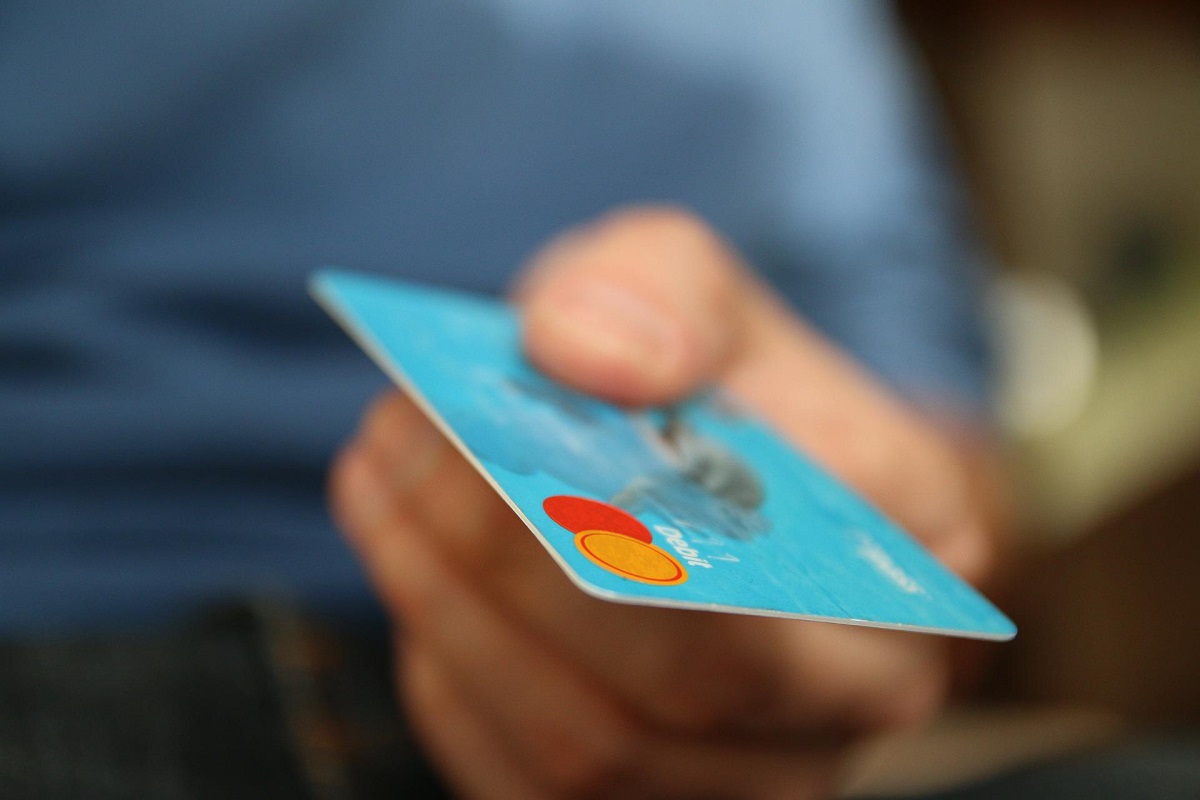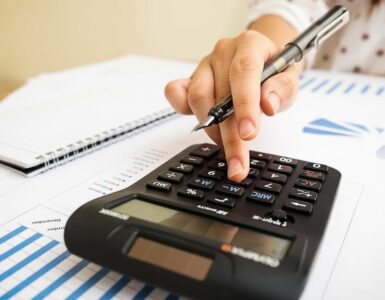Are you spending too much money than you need to? If you consistently overspend, you risk being short on cash at the end of the month, leading to debt accumulation or nonpayment obligations. Regardless of how much money you make each month, do you have anything set up in case of an emergency? If you’re always short on cash, it’s time to get serious about your finances.
5 Serious Signs That You Are Spending Too Much
1. Falling Behind On Your Financial Obligations
If you don’t establish a spending limit, you’re more likely to fall behind on your responsibilities. Keep your finances stable by paying your bills on time. Paying your bills on time might quickly spiral out of hand and leave you unable to get out of debt. If you’re having difficulties paying your bills or postponing them, look at your budget to see where you can economize. If you can’t think of anything to cut or reduce, it may be time to consult with a financial expert.
2. You Don’t Have A Budget
In the absence of a budget, it is impossible to track your income and expenditures. It’s easy to slip behind when you don’t know how to control your finances. Studies have shown that if you have a budget, you may be able to manage your current expenses better. In addition, having a budget makes it easier to save for things like a down payment on a home, college tuition, and retirement.
3. You Don’t Have Any Money Saved Up
When your income runs short, you may sometimes have to tap into your savings account to meet your expenses. This is not always an issue. After all, this is the purpose of saving. But if you see that your savings balance continuously decreases from month to month, you may need to reconsider your spending habits and cut down.
4. Your Housing Costs Exceed 30% Of Your Income
You’re overspending if you spend more than a third of your salary on housing, whether you rent or buy. In 1981, the government imposed a quota of 30% of your salary for housing. You are deemed cost-burdened if you spend more than 30% of your income.
If you own a property but owe more than 30% of the value, you are considered “house poor,” which puts your other financial obligations in danger. Even worse, if you purchased a property during the housing bubble and it has fallen in value, you may have an upside-down mortgage in which you owe more money than the house is worth.
5. Your Credit Score Is Steadily Declining
Lenders use your credit score to determine whether or not you are creditworthy and hence eligible for a loan. The length of your credit history, punctuality in making payments, and your debt-to-income ratio all play a role. Your goal is to have a credit score of at least 600. Your credit score might go below 600 for various reasons, but excessive debt is one of the most common culprits
6. Your Credit Card Debts Keep Increasing

Credit cards employ revolving credit, which implies that monthly finance costs are charged to the outstanding debt. Even if you make the minimum monthly payment, the amount on your credit card will continue to accrue interest charges. Consider techniques to eliminate credit card debt and reduce the amount.
7. You Plan With “Possible” Revenue
If you are basing your spending decisions on the possibility of receiving more income, then you are engaging in wishful thinking. You are not allowed to spend the money before you have been given it, regardless of whether you are awaiting payment for something you are due or arise from your employer.
8. You Don’t Have Emergency And Rainy-Day Funds
Unexpected expenditures, such as a broken air conditioner in the summer or a wrecked vehicle, may devastate your monthly budget. Unforeseen incidents can happen, no matter how well-intentioned you are. Having a $1,000 emergency fund on hand might help ease some of the financial stress caused by unexpected bills.
Final Thoughts
Budgeting is the most straightforward approach to avoiding overspending. You need to take a critical look at your financial situation and decide what you can genuinely afford. A separate savings account is also a good idea to keep track of your money. Set up a monthly automatic transfer from your checking account to your savings to make sure you are saving.
In addition, you may want to seek a bank with particular savings schemes.












